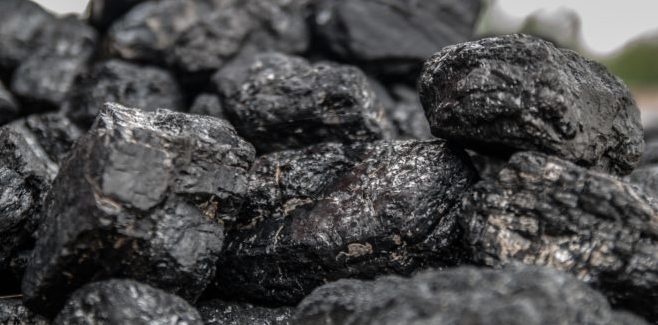Originally published in WyoFile
By Dave Dodson
Last month, Sen. Joe Manchin (D-West Virginia) successfully steered the passage of a provision that provides lifetime healthcare benefits to coal miners, such as those in Kemmerer, whose employers have filed for bankruptcy. Conspicuously missing from the list of supporters of the bipartisan bill were Republicans Liz Cheney, John Barrasso and Mike Enzi — the entirety of Wyoming’s D.C. delegation.
Rep. Cheney objected that protecting the ability of out-of-work miners to pay for healthcare would have the “unintended consequences” of encouraging private companies to behave irresponsibly. By denying an unemployed coal miner the ability to buy insulin for his child, she hopes to send a message to CEOs to never again try the irresponsible stunt of deliberately running out of cash.
Neither Rep. Cheney or Sen. Enzi had qualms about voting for a tax bill that provided a break for New York hedge fund managers — now costing taxpayers close to $1 billion every year — yet both expressed concern about the implications to U.S. taxpayers of helping a handful of out-of-work coal miners pay for their prescription drugs.
In today’s Washington, one has to wonder: If we lived in a swing state like Wisconsin — which recently received special provisions to support its dairy industry — or perhaps if coal miners could show up to fundraisers with bags full of money, would our delegation still retain such principled free-market concerns about making sure Wyoming families can afford to go to the dentist?
Fortunately, there are sound conservative economic arguments for federal support of our struggling coal communities.
While the federal government has no impact on whether we buy our chicken sandwich at Popeyes or Chick-fil-a, the government does play a role in our energy markets. Most industries rise and fall based on changes in consumer demand and competitive dynamics, and in that respect deserve no special treatment.
But the federal government essentially chooses the winners and losers in the energy sector. Just as the Nixon-era passage of the federal Clean Air Act and the Clean Water Act once created robust markets for Wyoming’s low sulfur coal, recent policy shifts favoring renewables and natural gas have led to coal’s decay.
I learned this economic lesson first-hand in the late 1970s when the federal government abruptly changed the subsidy policy for the sugar beet industry. Without notice the government altered the rules for farmers, leading my dad to go out of business. He auctioned off one harvester, one planter, one forklift at a time.
Later, when I studied economics at Stanford University, I came to understand as an economist what I observed as a child.
So, let me explain the economics of the current situation to our pro-coal delegation.
The economic justification for our energy policy is that the entire nation benefits. As such, the burden of government intervention should not be borne by only a few struggling communities. Wyoming’s Republican leaders need to explain to their colleagues from Massachusetts and Florida that free markets did not leave our communities in Sweetwater and Campbell counties reeling, changes in U.S. energy policy did.
Policy shifts that disrupt free markets by picking winners and losers must be accompanied by programs that transition the communities adversely affected.
This isn’t theoretical economics and the impacts aren’t isolated to two corners of our state. The fiscal impact of coal’s demise will be felt by every Wyoming school that will be starved for funding. It will be felt by the parents who watch as their children leave our state to find good work. It will be obvious to anyone who wants our public lands protected.
Fiscally conservative Republicans need to understand that they can support an out-of-work Wyoming family struggling to pay for their daughter’s vaccination without disturbing their conservative economic credentials. Allocating a few pennies from taxpayers in New York to help a family in Gillette buy new eyeglasses for their fifth grader is not an “unintended consequence,” but sound economic policy.
David Dodson, a resident of Teton County, is a lecturer at the Stanford University Graduate School of Business, an entrepreneur and a former Republican candidate for the U.S. Senate.

